
As we predicted – along with the rest of the Western World – CES 2024 may go down in the annals as “The AI Convention of 2024.” Sure enough, everywhere you looked, companies and organizations couldn’t say enough about how they apply AI to their products, services, and innovations.
Some reminded us that AI isn’t exactly a new sensation. Some pointed out the recommendations we get on streaming video channels, restaurant and travel apps, and similar recommendation applications are all forms of Artificial Intelligence.
And everyone – virtually everyone – is talking about how AI will revolutionize their operations. In some cases, it’s about eliminating the drudge work so creators can create. Or it’s lessening the burden of monotony by the bots taking over the mundane, humdrum, repetitive, and mind-numbing tasks so the innovators and big thinkers can do what they do best.
The last 10 months has been a whirlwind of conversations and even debate about the impacts of AI in our world. The fear is palpable, and perhaps for good reason. AI is powerful stuff.
As a friend of mind always reminds me when the topic comes up in conversation – and it frequently does – “In the wrong hands, this could be catastrophic.” And I always agree, adding “So are drones, social media, our personal information stored at banks, healthcare providers, credit card companies, and retail stores.”
In fact, the same is true of intercontinental ballistic missiles, submarines, and nuclear energy. For example, watch Oppenheimer if you haven’t seen it already. And the blurry lines between the “right and wrong hands” continues to be more ambiguous.

Last March, I was asked to deliver a talk at the Country Radio Seminar, loosely described as a “FRED Talk: The Future Ain’t What It Used To Be.” And the coming wave of AI was predicted with the reminder that the current state of this technology was the worst it ever would be. As I played a fake greeting from some obscure artist just named “Taylor” cooked up by a platform called “Eleven Labs,” I warned that running away from this new weapon/gift would be more dangerous than wading in to learn about its potential and possibilities.
Since then, I’ve been on a number of panels revolving around AI, including events for the Wisconsin Broadcasters Association – with more to come. I’m in the process of prepping for an interview with Radio World on the topic.
And since returning from “AI Fest” – I mean, CES 2024 – me and my Jacobs Media compadres – Chris Brunt, Bob Kernen, and Paul Jacobs – have learned even more about how this technology is being used today, and how it will impact our collective future, not just in radio but in our lives.
Last week, I engaged with Inside Radio’s Paul Heine from Las Vegas. As we’ve done the past several years, I call him near the end of each day with highlights about what I’ve seen, heard, and experienced at CES. And it’s his less-than-pleasant job to turn those ramblings into cogent stories for his publication. Smart observer of the industry as he is, Paul continued to pepper me with questions about AI, and how it was being integrated into gadgets, devices, platforms, phones, washing machines, TVs, and yes, dashboards throughout the many venues of CES. Here’s Paul’s AI column, “On CES Opening Day, AI Steals The Spotlight.”
It’s understandable to think back to 2024 as the breakout year for Artificial Intelligence. But the fact is, it’s been around for us for years now, recommending movies, books, restaurants, and vacations, or suggesting words that would be appropriate when we’re composing an email or a text. It’s how our cars predict where we’re headed, and how they map out the best way to get there. Several carmakers have already unfurled platforms that learn your habits (where you buy coffee, where you refuel your vehicle, etc.) and then suggest you go there, supplying you with a virtual coupon to encourage your commerce.
So, why all the fear about AI, whether it’s robots taking on-air jobs or bots removing the spontaneity and job of discovery from our lives? Sadly, much of it emanates from a lack of knowledge about this technology. And smart brands and companies are aware of consumer trepidation, and are designing strategies accordingly. It turns out women are more wary and trepidatious about AI and its creeping influence over our lives, our careers, our families, and our homes.
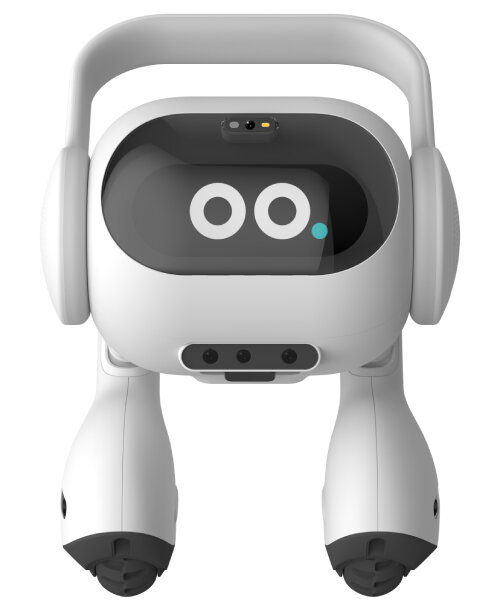 At CES, LG – one of the biggest legacy exhibitors – is already hard at work, softening the inevitable onslaught of AI in our lives. Their entire at-home display is subtitled “Affectionate Intelligence,” a reminder that in the right hands, AI can make us healthier and more efficient, turning our home lives into warmer, more connected interludes with our pets, relatives, partners, and roommates. They even have a cute little bot who reminds the gentleman or lady of the house about tasks at hand and even their physical well-beings. (“You’re a little under the weather – maybe skip that hockey game you have scheduled tonight.”). Creepy or perceptive?
At CES, LG – one of the biggest legacy exhibitors – is already hard at work, softening the inevitable onslaught of AI in our lives. Their entire at-home display is subtitled “Affectionate Intelligence,” a reminder that in the right hands, AI can make us healthier and more efficient, turning our home lives into warmer, more connected interludes with our pets, relatives, partners, and roommates. They even have a cute little bot who reminds the gentleman or lady of the house about tasks at hand and even their physical well-beings. (“You’re a little under the weather – maybe skip that hockey game you have scheduled tonight.”). Creepy or perceptive?
But that’s just a branding effort by LG. The fact is, these devices have been populating our homes, offices, and cars for years now. They’re improving with age, getting more proficient with their recommendations and suggestions. Will they take over our lives? Should they be heavily regulated by government? What about “restricted areas” where they cannot be employed?
During the upcoming election, we may learn about AI’s dangers in real time, much as we did with social media back in 2016 (and again in 2020). Too often, technology is running laps around legislative bodies that cannot straighten out immigration, much less AM radios in car dashboards.
Then there are the legal and ethical tar pits that continue to make their way into boardroom conversations. What property is owned? As we are discovering, what are the parameters of plagiarism whether among journalists, accidemics, or in the corporate world. Will AI make it as easy to discover ripping off someone else’s thinking as it is to participate in the act of thievery to begin with?
The sad news is that individuals, companies, and organizations may very likely turn their backs to AI out of fear or even for moral or philosophical reasons. You can hear people saying, “I don’t wish to participate in anything involving Artificial Intelligence because I support the contributions of human beings.” After all, wasn’t AI a major negotiating hurdle in last year’s writers’ strike that crippled the entertainment industry for months?
From my vantage point, there is already rampant fear among so many people. We’ve learned that in our public and Christian music radio Techsurveys last year. And right now, “the big study” – Techsurvey 2024 – is in the field with even more questions about how core radio listeners feel about the technology. Based on the research we saw last year and several thousand completed surveys in our new study, many are very repelled.
And for good – and perhaps not-so-good – reasons. After you hear tech billionaires like Elon Musk, Bill Gates, Sam Altman and others warn how the world is not ready for the scope and power of AI, it’s hard not to lose sleep over what could go wrong.
But how much of the current panic has been stirred by uninformed media fearmongering, going after headlines, eyeballs, page views, and ratings, rather than reporting on the less invasive aspects of AI?  Clearly, the “hair on fire” approach is tried-and-true, whether you’re scaring people about snowstorms, hurricanes, Y2K, or AI. Again, this is not to say there’s no impending danger…because there is. But how one prepares for the change and makes it work for their organizations, their families, or themselves is often the dividing line.
Clearly, the “hair on fire” approach is tried-and-true, whether you’re scaring people about snowstorms, hurricanes, Y2K, or AI. Again, this is not to say there’s no impending danger…because there is. But how one prepares for the change and makes it work for their organizations, their families, or themselves is often the dividing line.
And mistakes – by both tech companies and civilians – will be made. Take Amazon Alexa, for example, a striking case in point about how unbridled fear has, to some degree, scuttled the actual growth, proliferation, and ubiquity of voice technology wrapped into small, cheap gadgets that sit in your kitchen or on your office desk.
Think back to the early days of the Amazon Echo. The buzz was that this robotic being was listening to all your conversations, recording them for posterity – or worse. Imagine having one in your bedroom or boardroom, potentially giving intimate details away about your life or your company.
In news story after news story, reporters and anchors warned about your smart speaker listening in. And personifying the technology only made it worse. “She’s listening to your conversations. ALL your conversations.” There were data breaches (of course) and even a bizarre interlude we called “laughing Alexa” where “she” would start laughing for no reason. (It turned out the bot was misunderstanding commonly used words, and reacting in kind.) But no matter. All these incidents led to the urban legend that a device that “listens in” is inherently bad. I have heard many, many people in focus groups tell me there is absolutely no way they’re bringing one of these devices into their homes.
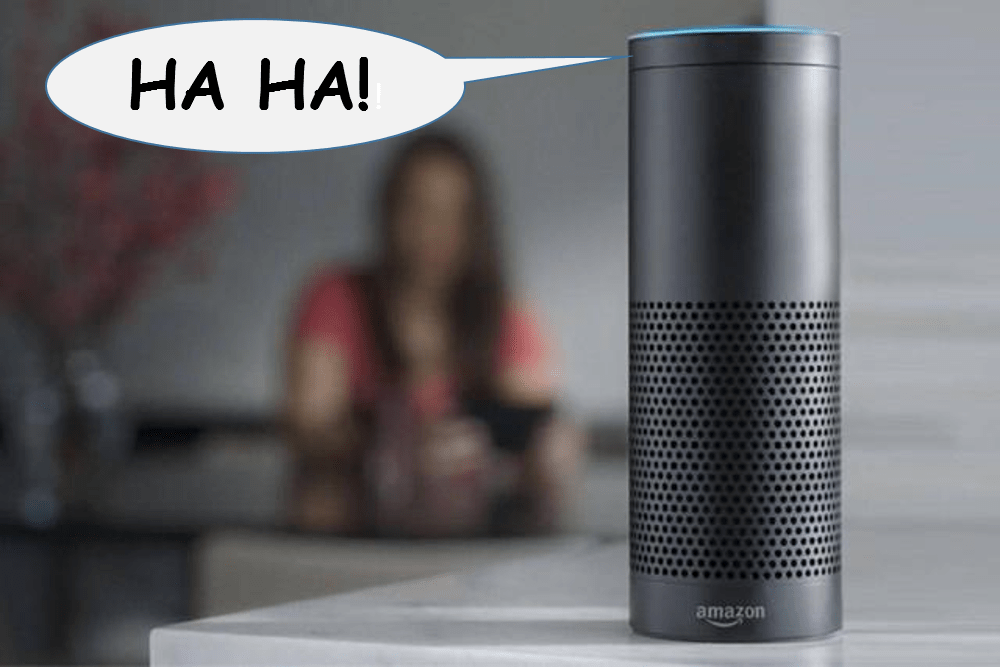 Highly smart executives have told me the same thing – the same people who carry around smartphones with “microphone permissions” checked off. And of course, our cars, our televisions, and increasingly other appliances can “hear” what we’re saying whether we’re talking with them or not.
Highly smart executives have told me the same thing – the same people who carry around smartphones with “microphone permissions” checked off. And of course, our cars, our televisions, and increasingly other appliances can “hear” what we’re saying whether we’re talking with them or not.
But Alexa? Not on your life.
And the bottom line is that the paranoia about smart speakers has stunted their growth, limiting their popularity. We’ve watched the line flatten in our Techsurveys. After what we described as “iPhone growth” in the early years, those who are early adopters bought their Echo and Google Home devices – but that’s where it stopped. If you’ve kept an eye on Amazon over past few years, you’ve seen the staff cuts leveled at Alexa positions by and large. The company knows growth has slowed to a halt. Marketing has been curtailed, and to a great degree, the company is moving on from their early goals of Alexa being as big a product as the smartphone or Internet TV. It’s not likely happen.
Why does it matter? And why should we care if Jeff Bezos won’t be able to cash in as profitably on these devices?
Because for radio broadcasters, Alexa might have been the counterweight to all those clock radios and boomboxes disappearing from people’s home and workplaces. Among core radio listeners, a top use case for smart speakers is listening to the stream of a favorite radio station. It’s a device that had the potential to counteract the impact of AM/FM radios continuing to break, age ungracefully, and lose their place where consumers live and work.
In last year’s Techsurvey, we asked those who don’t own a smart speaker – more than six in ten of our entire sample – to give us the main reason why they haven’t bought one. Here’s what they told us:
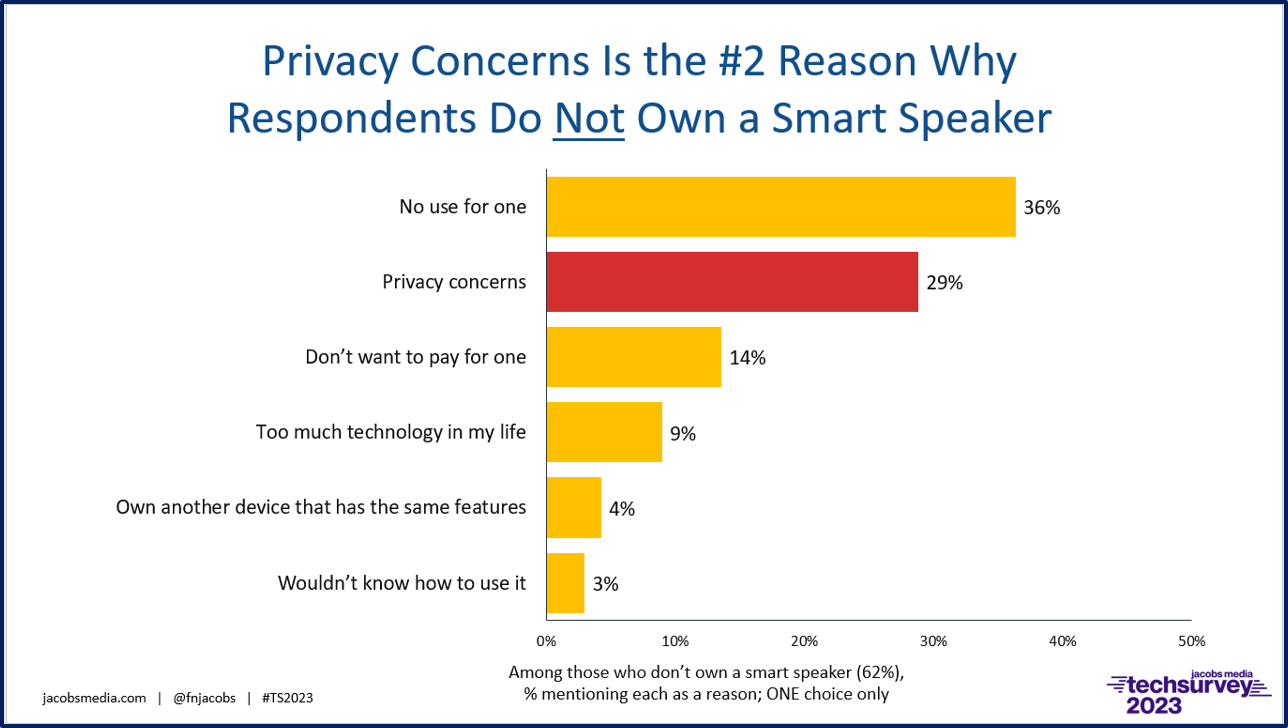
Given one choice only, a plurality opt for the catch-all response – “I have no use for one.” Issues relating to privacy are the second-most mentioned by nearly three in ten respondents. Again, fear is a significant factor in the rejection of this technology.
And so it goes for AI in this early stage – about a year since ChatGPT exploded on the scene. We are seeing this clearly in our 2023 research among core radio listeners. Among our public radio sample, here’s a telling chart depicting the level of fear and concern AI is already generating:
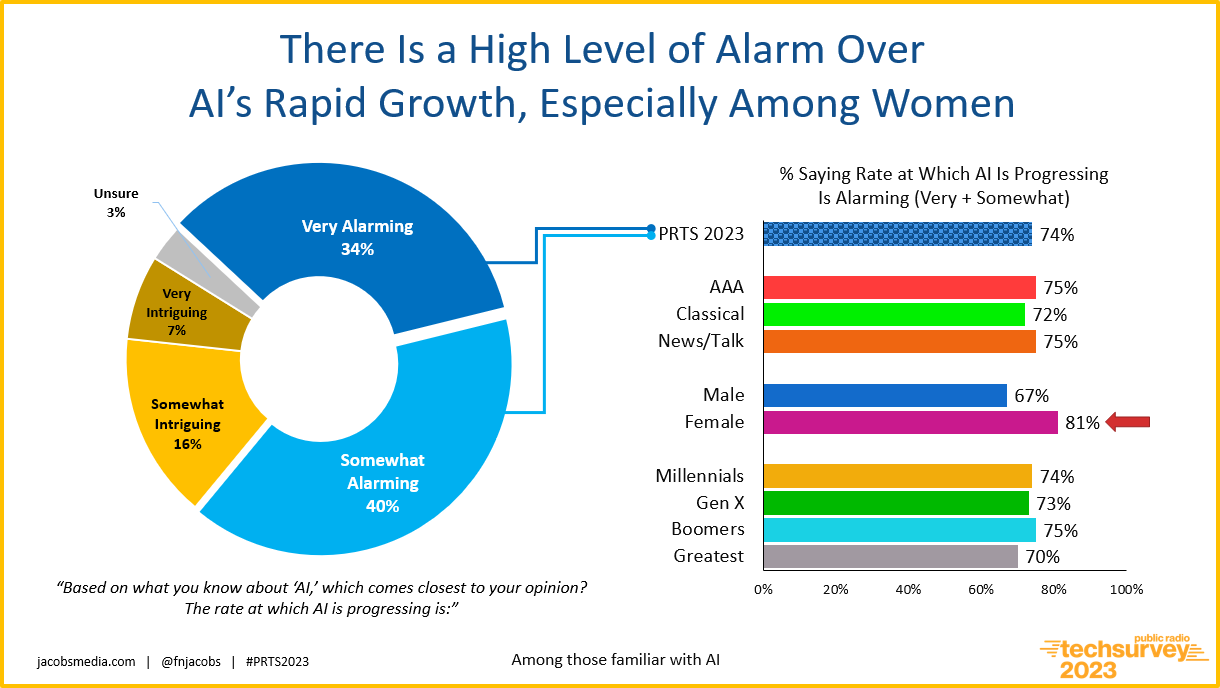
Nearly three-in-four express alarm over AI’s growth rate (74%). In fact, more than one-third (34%) characterize the speed at which AI is moving as “very alarming.” And as the demographic highlights show, women are most concerned. For “regular folk” – in this case public radio P1s, the election is of particular concern. More than nine in ten (92%) are very/somewhat concerned, with women – once again – leading the way.
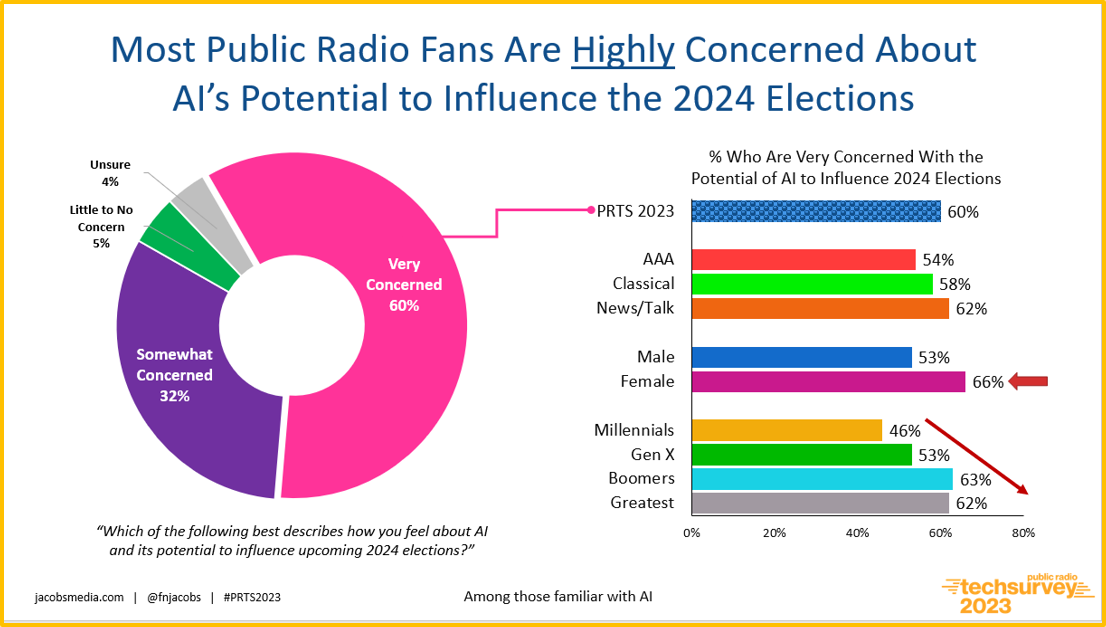
For air personalities on commercial stations in the U.S., we looked at AI as a skill set priority. And we learned that it is in dead last place as a discipline they feel contributes to their success. It also finished at the bottom in the area of self-rated skills. In other words, it is perceived to be of little value career-wise, and appropriately, most have no idea how to best utilize it.
Of course, that might have a lot to do with the idea that almost all of the discussion of AI in radio circles has revolved around AI voices replacing their own. Most of the industry noise has centered on the debate whether bots can effectively work behind the mic, either to do shows, voice over, or both. No wonder air talent is somewhere between terrified and paranoid on what I call the “worryometer.”
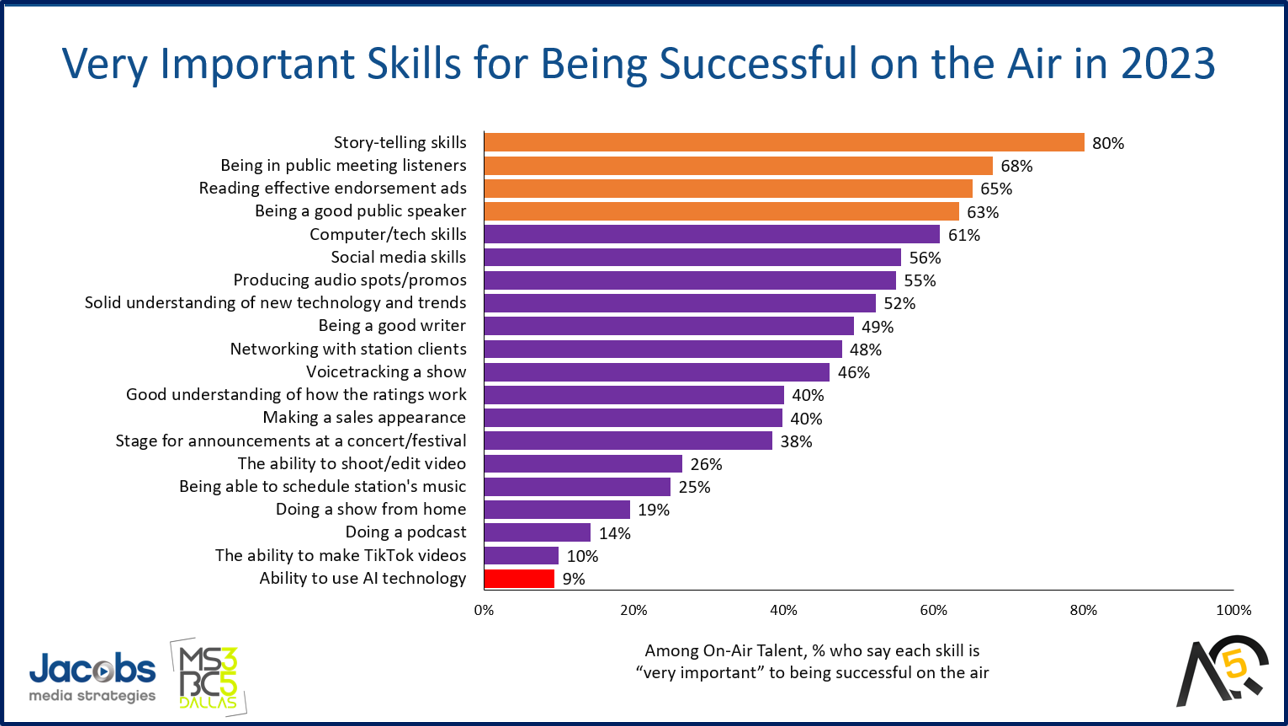
Instead, the discussion has rarely touched on the idea of how AI might make today’s air talent better at what they do. As a prep tool, ChatGPT, its derivatives, and competitors are well-suited to supplement their knowledge – about music, current affairs, history, the local scene, sports – you name it. The more creative the personality has, the better she could use this organized, rapid-fire tool to quickly pull up interesting things to talk about, whether we’re talking music, spoken word, commercial, public, or Christian radio formats.
If radio spent as much time discussing how AI could improve the airstaff and the station’s sound, rather than thinking about how it could replace talent, the industry would be much better poised to truly benefit from this amazing technology.
Now I understand the burgeoning issue over ownership of information and intellectual property, having already sat on a panel with the esteemed David Oxenford. But we’re not talking about plagiarizing articles for the website, a blog, or a newsletter. It’s about how radio can use AI to make its existing live and local air personalities better, more compelling, more entertaining, more essential.
 That’s the conversation we need to be having, rather than the “hair’s on fire” debates at conferences and in webinars. I have already been invited to participate in other sessions at upcoming radio-ish events, and will do my best to focus these topics on areas that might provide constructive outcomes, rather than scare the hell out of people over how the robots will take over the world.
That’s the conversation we need to be having, rather than the “hair’s on fire” debates at conferences and in webinars. I have already been invited to participate in other sessions at upcoming radio-ish events, and will do my best to focus these topics on areas that might provide constructive outcomes, rather than scare the hell out of people over how the robots will take over the world.
Technology is inescapable. Whether it was the age of cars (over horses), submarines (under battleships), nuclear weapons (over conventional weaponry), or synthesized drums (over Ringo, Charlie Watts, or Keith Moon), we often ignore the inevitable, choosing instead to let fear, panic, and finger-pointing dominate our conversation.
As we saw in Vegas at CES, it’s not about whether AI is “a good thing.” AI is.
Our Bob Kernen compares it to splitting the atom – “you can create tremendous energy OR you can blow stuff up!”
It is already how the smartest companies are choosing to integrate AI attributes into their products and systems.
AI also has the ability to provide small markets and mom & pop companies with the same basic tool kit the big boys and girls have at their disposal. Sales kits, pitches, spec spots – they can be put to work whether you’re in Boston or Boise. Whether it’s lead generation or qualification or the rapid creation of custom sales decks, AI now affords the same luxuries, whether you’re a one-man band or a robust sales team.
Chris Brunt‘s “take” on AI for radio is that the technology “will be used in all departments of radio and television stations: the challenge will be how broadcasters can effectively use AI to create customized user experiences that enhance user content and advertising attribution. AI tools can currently quickly analyze data to show what content works for what audience segment.”
That level of attribution – for both programming and sales – has been an “X factor” for radio in all the years I’ve been knocking around the business. Having more confidence about what works, whether it’s programming content or commercials can only make radio more powerful and effective.
The “Alexa Effect” scared too many people off, rather than encouraging them to look for ways to use the power of voice technology in our media enterprises and careers. We can’t let panic button pushing have the same impact on AI, especially for those of us in radio.
I will be participating on a panel at this year’s CRS led by the esteemed Mike McVay. Futuri’s Zena Burns and the insightful Buzz Knight will also be in the house facilitating a conversation with attendees about AI,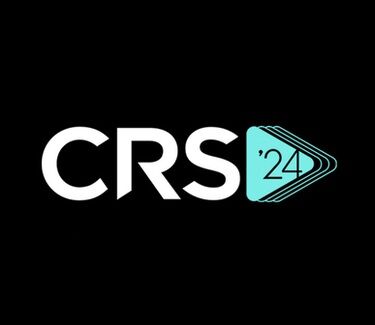 what it means, and how it can work to everyone’s mutual benefit.
what it means, and how it can work to everyone’s mutual benefit.
I will also be talking about that issue in our upcoming CES 2024 recap, so stay tuned for that.
Panic or panacea?
Tsunami or success?
Debacle or discovery?
It’s still in the early days, the second inning at most. And that means there’s time for any of us – or our organizations – to embrace change and determine the best applications that furthers our companies and our careers with minimal collateral damage.
That last piece is critically important. While all change begets some level of disruption, AI need not destroy what’s already been built. The smart players will find a way to make it work with minimal speed bumps.
Everyone else will be busy hand-wringing, excuse-making, and lamenting yet another technology advance.
I know which side of the road I want to be on.
- The Rock Hall’s Most Egregious Snub Yet? - May 16, 2025
- Attention Tech And Entertainment Writers: Don’t Mess With Radio! - May 15, 2025
- 3 Socio-Economic Shifts Every Radio Programmer And Seller Should Be Aware Of - May 14, 2025




Technology is not inherently good or bad. It’s usage determines that.
So, in radio, the question becomes will it be used to improve the product, or will it be used to cut costs? Sadly, I think we know the answer to that.
Paul, I DO think that’s the question. And I’m hoping your foregone conclusion and my cynicism don’t win out. This is why I mentioned the idea in the post that if radio spent as much time figuring out how to use AI to better the personalities and air product as it does determining how to replace talent, we’d be in much better shape. We’ll see.
I keep going back to a year-end post (likely sponsored) by Raoul Wedel of Adthos for the various Radioinfo sites. (See, e.g., https://radioinfo.com.au/news/2024-the-big-bold-picture-for-ai-and-audio.) The section that’s most radio-focused is toward the end–and really singles out the U.S. radio industry…
“The rise of AI in 2024, particularly for U.S. radio groups, will be the perfect storm. Those that follow the U.S. stock market know that 2023 has been a bloodbath, with almost all radio group stocks losing up to 90% of their value. As interest rates have risen and most of these groups still have major debt, paralyzing the industry’s ability to innovate in a time it’s needed most. The lack of resources and appetite for innovation, also due to the average age of the people in the industry, will unfortunately have a catastrophic effect on these groups. Internationally, groups have been more open to innovation, and a great deal of countries still see growth. However, the state of the US industry will have an effect on the rest of the world, where the major advertisers and agencies operate globally.”
I definitely wouldn’t go as far as he does in the above. Still, it’s noteworthy that this comes from someone who’s greatly involved in AI-based offerings for radio, and who was writing for more of a global audience.
I’ve been giving this more thought than I expected to since reading this earlier this morning. I’m finding myself perfectly comfortable with AI in pretty much all aspects of radio…with the exception of the air studio. If it can keep my signal on and sounding bright and clean, great. If it can provide info and analytics for the sales team, great. And no doubt there are countless other areas where it could provide invaluable help. But I want the person behind the mic to “just be himself.” A friend. And one that doesn’t sound like every other person on the dial accessing the same “factoids” (your use was fine) about my favorite artists or sports teams. Wasn’t it this the column where I learned the “word of the year” is “authentic”? I’d still rather listen to Ringo or Charlie or Keith over pre-programmed drums, even if in fact, I–as a non-professional musician–can’t tell the difference. I want to KNOW there’s a real person making that amazing music behind that kit. And I want to know there’s a real person behind that mic–and not just providing the “voice” to the AI feeding him or her lines and programming ideas. For all other areas of broadcasting, AI yourself silly. But the air talent need to handle AI with extreme and exceptional care.
And just one other thought I have to share. Before I had an Alexa, I’d have firmly landed in that top response tier, “no use for one.” But someone gave me one four years ago for Christmas and I never would have guessed how much I use it. I need a quick math computation? I ask Alexa. I want to know how cold it’s going to get where a friend lives out of state? I ask Alexa. I want a lamp or the little designer waterfall I have turned? I ask Alexa, I play games on it, I have reminders on it, I have it tell me jokes for no reason at all. (And she knows some pretty good ones!) Oh, and I stream radio on it with an audio quality that rivals the three-foot studio speakers I inherited from a radio station. I can’t help but wonder how many people fall into the “no use for one” category who would suddenly find they have endless uses if they had one. I just might ask Alexa.
It is gratifying to me, David, when this blog stimulates thought, especially from angles I never considered. Your Alexa explanation probably applies to a lot of people. I encourage radio people to buy one (even if they’re opposed to to the idea) to learn how consumers use them. Just keep an eye on the “disappearing radios from home” data in Techsurvey. This is why I say “Thanks goodness or Alexa.”